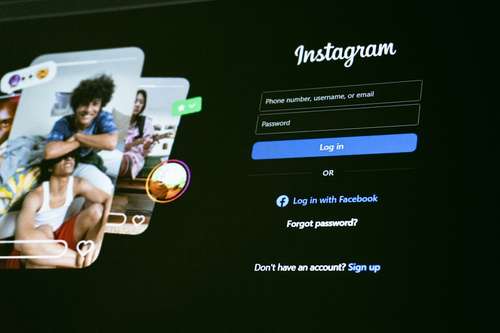Have you ever been in a relationship and all you could think about is your partner hurting or leaving you? If you have, then there’s a high chance that you have relationship anxiety. This is a common occurrence with people in relationships, and it can easily lead to the end of such relationships.
However if you are looking to fight it and take a stance against relationship anxiety, then this post has got you covered. This article explains how to detect signs and symptoms of anxiety in a relationship and how to overcome relationship anxiety.
Understanding Relationship Anxiety
Most people who go through relationship anxiety talk about how it can be a torturous and distressing experience. This is because it affects not just the person, but their partner and in turn the relationship as a whole.
With lots of people trying to fight their way through this, it is important to understand that knowing the early signs and types of relationship anxiety is the most important factor to beating it. So, here are some of the things to look out for:
Sign and Symptoms of Relationship Anxiety
The signs and symptoms of relationship anxiety manifest in different ways depending on the individual. However, here are some general signs and symptoms to be aware of:
- Fear of abandonment
- Avoidance behavior
- Possessiveness or Jealousy
- Fear of losing the relationship
- Hypervigilance
Types of Relationship Anxiety
Relationship anxiety comes in different forms, and each of them has the way with which they can be observed. These include:
- Intimacy Anxiety: This is borne out of the fear of emotional closeness or vulnerability, thereby leading the person to being scared of opening up physically or emotionally.
- Separation Anxiety: This is another dangerous form of relationship anxiety that borders around the person’s fear of losing their partner. People show it by being sad when they don’t communicate with their partner. Oftentimes, this leads to reassurance-seeking behavior or excessive communication needs. Data suggested that most of this increased during the pandemic, and we’ve seen many cases since.
- Attachment Anxiety: This is also another form of separation anxiety, where the person has a fear of abandonment which then leads to neediness and clinginess.
Effects of Relationship Anxiety on Relationships
The effects of relationship anxiety ranges from sublime to fatal in some cases. If left unaddressed, it can lead to the following:
- Conflict and arguments
- Distance and disconnection
- Eroding trust and intimacy
- Increased stress and anxiety
- Eventual breakdown of the relationship
How to Deal with Relationship Anxiety
Relationship anxiety can be a difficult mental and physical state. However, you can deal with the situation by following these tips.
1. Cultivate Effective Communication
One way to deal with relationship anxiety is to cultivate the habit of effective communication. This is different from over communication which is a sign of relationship anxiety. Rather, this is more of an open communication that helps you express how you feel, and also your needs effectively.
It would require that you avoid using statements that would lead to blame games or accusations. In fact, a key way to communicate better is to be an active listener, and give undivided attention to your partner. Soak in their perspective and feeling about your needs and ask open-ended questions.
2. Trust-Building
It is also important to build trust in a relationship, as this is the building block to a lasting partnership. If you can’t trust your partner, the relationship is bound to fail. This is why experts say that the easiest way to build relationships is to be vulnerable and transparent with your partner. When you are vulnerable, you would be able to share your fears and feelings with your partner easily, and the transparency would allow you to be more open and honest.
3. Self-Reflection and Self-Care
If you are looking to manage your relationship anxiety, it is best you learn how to self reflect and self care. As long as you can adequately reflect and try to figure out how you feel, and know where you are wrong, you will be able to take a step in the right direction to beat relationship anxiety.
With self care and reflection, it would be easy for you to show compassion to yourself and your partner in cases when you are wrong, and learn to treat yourself with kindness afterwards. Self caring would also open you up and help you lighten the burden on your heart. You can do this by meditating, journaling, or exercising.
Conclusion
It is important to know that relationship anxiety can only be fixed as long as you are ready to put in the work. You also need to be open to learning and accept that you are wrong when you are. By following the tips above, you will be able to handle the anxieties you have in your relationships and enjoy a better love life.




